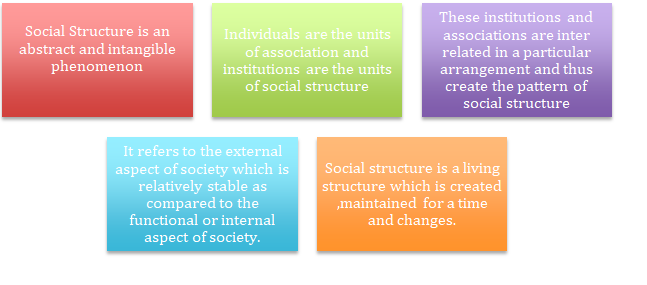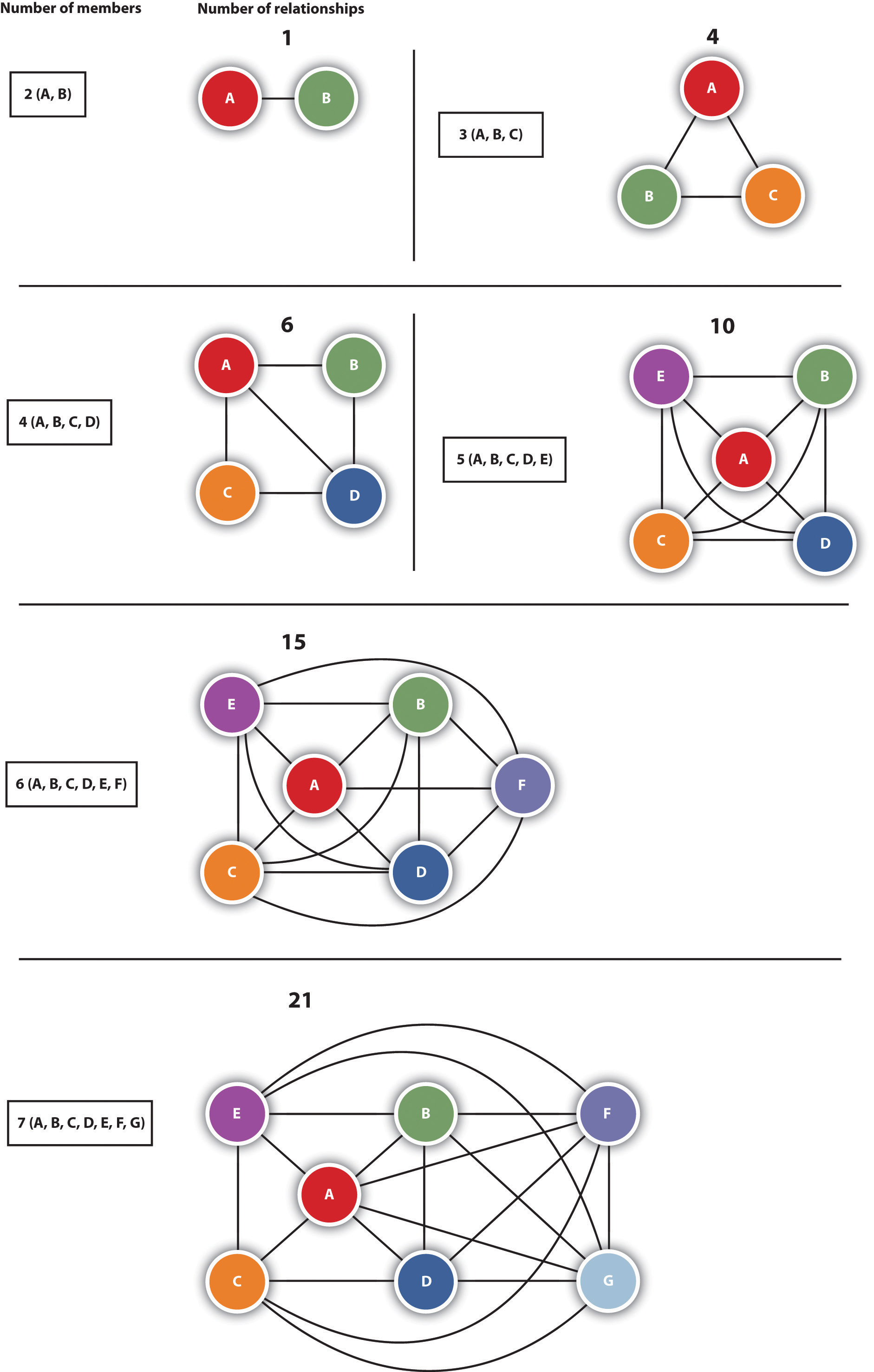Define Democratic Leadership Sociology
Mohandas Gandhi 18691948 Democratic Leadership Pronunciation. Democratic leadership is a style of organizational leadership that redistributes power and authority between managers and their employees to promote employee involvement in organizational.

Sociology For Dummies Cheat Sheet Dummies
In addition to these leadership functions there are three different leadership styles.

Define democratic leadership sociology. The historians have glorified heroes in battle and valued the importance of their deeds for the future generations. The role of politicians statesmen and emperors in the development of empires territories and nations has received considerable. The reign of a chief or king.
Distributing responsibility among the membership empowering group members and aiding the groups decision-making process. Leaders who use democratic decision-making encourage group discussion and believe in decision-making through consensus. Administrators in a bureaucracy.
Leadership has played an important role in the human history since earliest times. A noun delegative leader or noun laissez-faire leader uses a noun laissez-faire style to lead. Despite the stereotype Boatwright and Forrest 2000 have found that both men and women prefer leaders who use a combination of expressive and instrumental leadership.
This type of leader is particularly common for example in a club where the members vote on which activities or projects to pursue. The next type of leadership decision-making is democratic. Focuses on the groups well being.
A colloquial way to understand these three leadership style is an authoritarian leader takes charge a democratic leader includes others before acting and a laissez-faire leader is hands off. Rather it is defined as the performance of three functions. Learn vocabulary terms and more with flashcards games and other study tools.
Example of Democratic Leadership. Authoritarian Democratic and Laissez-faire. Abstract and Keywords The key subject of this chapter is the inherently paradoxical idea of democratic leadership.
They work hard to build consensus before choosing a course of action and moving forward. A colloquial way to understand these three leadership style is an authoritarian leader takes charge a democratic leader includes others before acting and a laissez-faire leader is hands off. Democratic leadership produced low dependency on the leader low incidence of inter-member irritability and aggressiveness high frequencies of suggestions for group action and group policy great satisfaction with group activities and an intermediate quality of production of high quality.
They work hard to build consensus before choosing a course of action and moving forward. Christiano in International Encyclopedia of the Social Behavioral Sciences 2001 Normative democratic theory deals with the ethical foundations of democracy and democratic institutions. It does not offer in the first instance a scientific study of those societies that are called democratic.
In research on how people respond to group norms eg of morality or of behaviour most conformity has been found to the norms of reference groups eg to such groups as families or Read More. Leader who leads by giving orders. A charismatic leader charms followers into action.
Three types of leadership decision making styles. Democratic leaders encourage group participation in all decision making. The theoretical and empirical kinship between different styles of leadership and different models of democracy is at the centre of the study analysing which forms of democracy thrive under the guidance of which types of leaders.
The resulting typology was authoritarian leadership democratic leadership and laissez-faire leadership. Noun A leader focused on the act and process of completing a task and the emotional well-being of group members. Effects of democratic and authoritarian leadership in groups and have greatly extended this work in industrial settings.
An noun autocratic leader or noun authoritarian leader uses an noun authoritarian style to lead. As defined herein democratic leadership is conceptually distinct from positions of authority. Definition of Democratic Leadership noun A leadership style in which the leader encourages creative participation by members of the group to solve problems and builds their consensus prior to taking action.
Start studying Sociology Chapter 5. Democratic leaders encourage group participation in all decision making. It aims to provide an account of when and why democracy is ethically desirable as well as.
Captains on a football team.

Types Of Leadership Styles With Examples And Qualities Of A Leader

Social Structure Social Structure Definition Types Of Social Structure Social Structure In Sociology Elements Of Social Structure

Democratic Leadership Guide Definition Qualities Pros Cons Examples Cleverism
Power And Authority Course Hero

Sociology Of Fashion Fashion And Social Life Sociology Guide About Fashion Sociology Types Of Society Tribal Society

Social Control Definition Forms Video Lesson Transcript Study Com

How Should You Structure Your Engineering Team Work Life By Atlassian Cross Functional Team Engineering Communication Problems

Introduction To Political Sociology Politics And Power Ppt Video Online Download

The Right Kind Of Action Utilitarianism Moral Philosophy University Teaching Western Philosophy

Differences Between Power And Authority Author Power Informative

The Functionalist Perspective On Education Revisesociology
What Is The Difference Between Sociology And Political Science Pediaa Com

6 2 Group Dynamics And Behavior Sociology

Robert K Merton 1910 2003 Sociology Theory Sociology Sociological Concepts

Pew Research Center Global Support For Principle Of Free Expression Sociological Imagination Supportive Principles

Maurice Halbwachs 1877 1945 Sociology Theory Sociology Conceptual Framework

Deforestation Essay Introduction In 2021 Essay Questions Essay Topics Essay

Post a Comment for "Define Democratic Leadership Sociology"